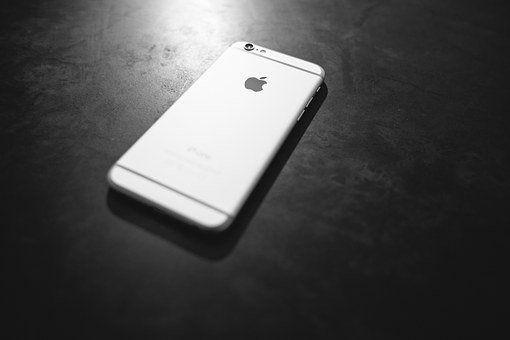Petition To Revoke
A petition to revoke is a document filed by a prosecutor in a criminal case. […] The post Petition To Revoke appeared first on Harter & Schottland.
A petition to revoke is a document filed by a prosecutor in a criminal case. When a person is on probation, conditional discharge or supervision he or she must abide by a set of conditions to avoid the full penalty allowed by law in a particular case. If the prosecutor has reason to believe the person has not followed the conditions, a petition to revoke is filed.
The petition itself is a simple document. A petition includes a statement indicating when the person was placed on probation, conditional discharge or supervision, the conditions imposed and a statement alleging in what way the person violated the court order.
When a person is charged with a criminal case he or she appears in court and pleads guilty or not guilty. If the person pleads guilty, a sentencing hearing will be held to determine that person’s penalty. If the person pleads not guilty, the case is set for trial. A court will not punish a person unless the alleged offense is admitted by way of a guilty plea or proven through trial.
A petition to revoke works similarly. However, in the context of a petition to revoke, a person does not plead guilty or not guilty. Instead the person “admits” or “denies” the allegations of the petition. If the petition is admitted, a sentencing hearing is held. If the person denies the allegations of the petition, the case is set for hearing. The hearing is like a trial wherein the prosecutor must prove the allegations of the petition. A court cannot revoke a person’s probation, conditional discharge or supervision just because a prosecutor says the person violated the court order. The prosecutor must prove the violation. However, whereas in a criminal case the person has a right to a jury trial and the burden of proof is beyond a reasonable doubt, the same is not true for a petition to revoke hearing. In this hearing the person is not entitled to a jury. The hearing is decided by a judge. Moreover, the prosecutor need only prove the allegation by a preponderance of the evidence. This is a lower standard than proof beyond a reasonable doubt.
If you or someone you know has a petition to revoke filed it is critical to contact an attorney from Harter & Schottland. A person subject to a petition to revoke faces all the same penalties originally available in the criminal case. Moreover, the law does not allow the person to fight the original case at this point; a finding of guilty has already been entered. At this point the only issues is whether there is a violation of an existing court order. This makes proper representation even more important at this stage. The likelihood of jail and other penalties is substantially increased when a petition to revoke has been filed.
There are many strategies for defending a person in a petition to revoke hearing. The proper strategy depends on the particular allegation of the petition. Harter & Schottland has successfully defended many clients facing petitions to revoke. Call us immediately if a petition is filed against you or someone you know.
The post Petition To Revoke appeared first on Harter & Schottland.








